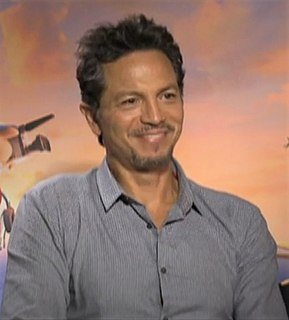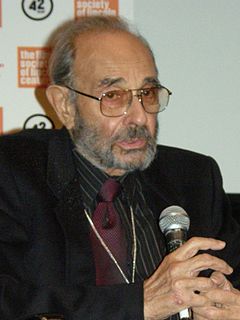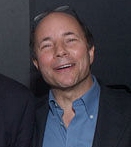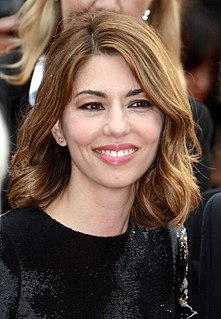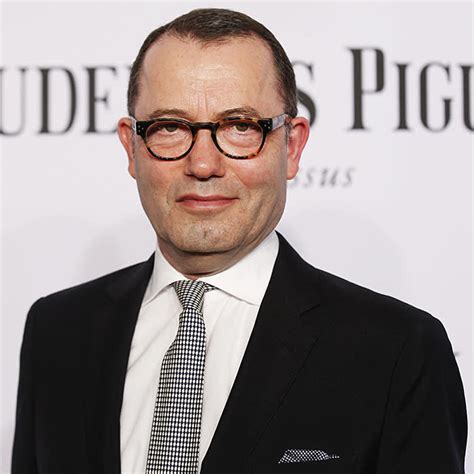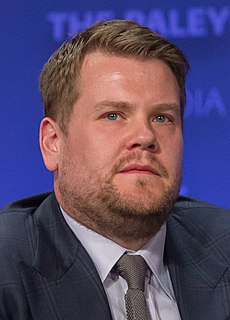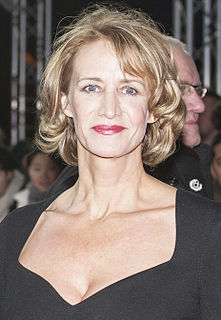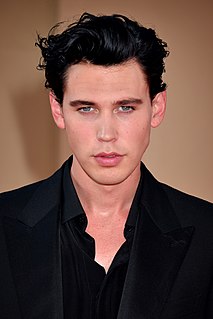A Quote by David Cronenberg
The more unique your film is and unusual it is and difficult it is, the harder it is to get it financed. That's why a lot of good filmmakers are doing television. They do HBO movies.
Related Quotes
The fact is that HBO is doing the kind of films and the kind of stories that the movie industry used to do. You look at a lot of the specialty sections of studios that have gone under... and there's no doubt in my mind why filmmakers and screenwriters and actors are ending up at a place like HBO. They do it better than anybody.
When you're doing a film and the majority of the film is cast black, for me, it's most important to get people to view those movies as just movies, as just good movies. At the end of the day, regardless of the color of the cast, we're all doing the same thing in this business: trying to make a good film.
New media has made it possible for filmmakers like me to get their message out. No big Hollywood studios are needed anymore to make and release a film. More and more people are watching movies and television online than going to the movie theater because of costs. This freedom gives me the opportunity to create the film I want to be seen and heard.
When critics or people judge, I think it's harder to make a commercial, pop movie than it is to make a pretentious art film. It's harder to reach millions of people and satisfy them and make them happy. These films kind of get ghettoized, this genre because there are so many big, big movies that are such big hits, but aren't any good. The audiences, they're not judging the style of the director, or the execution of the film. They're just looking to be entertained. They want to escape from their reality, and that's why we make movies, to get people to escape from the realities.
I think where Playground is heading is deeper into that marriage between stage, film and television, with the increasing number of people in the film business working in television, obviously something that we were very influential in starting and doing at HBO. And I think that that's the focus of where I see the company moving forward, continuing to explore that intersection of all that talent.
When you are 18, 19 or 20 you can get away with more, but as you get into your twenties you realise that it is harder and harder to lose what you put on. Look at Ricky Hatton. That isn't good for you and so you know not to come back overweight or out of shape. Why? Because you'll get stick from fellow players and you'll struggle.
I'd love to have written a film and it to be regarded as good. I'd just like to be doing things that are good, really. I think that's all you can aim for. I find it odd when actors say they just want to do films or plays or television. A lot of films aren't very good; a lot of television isn't very good; a lot of plays aren't very good.
Television in the 1960s & 70s had just as much dross and the programmes were a lot more tediously patronising than they are now. Memory truncates occasional gems into a glittering skein of brilliance. More television, more channels means more good television and, of course, more bad. The same equation applies to publishing, film and, I expect, sumo wrestling.


